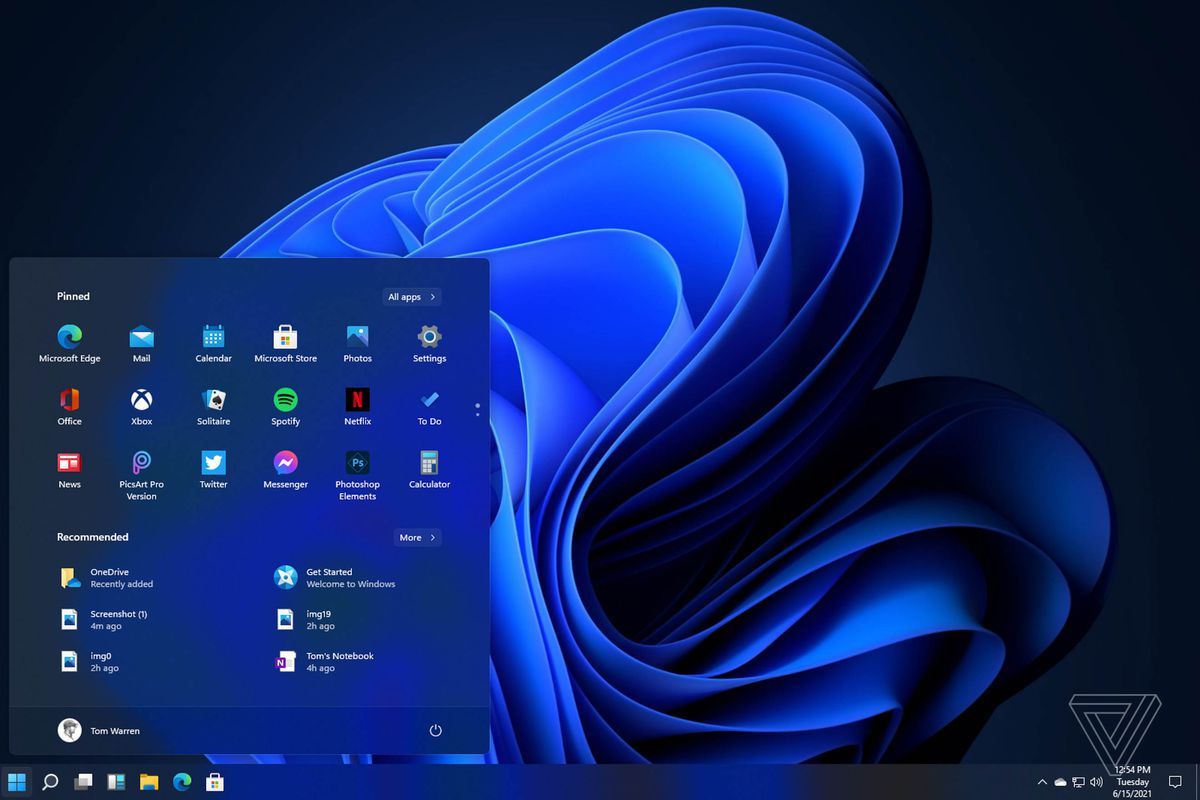Microsoft's decision to switch to a new version of Windows could create an epic wave of e-waste.
This according to researchers from analyst firm Canalyst, who estimate that some 240 million PCs, roughly one fifth of all computers on the market, will not be able to support the new version of Windows and thus will need to be dumped for new hardware.
"If these were all folded laptops, stacked one on top of another, they would make a pile 600km taller than the moon."
The analyst firm said that while hardware turnover is normal when a major OS update is released, the Windows 11 refresh is particularly high and many companies will use the firmware update to dump hardware that will otherwise be usable.
Microsoft says that Windows 10 support will run until October 14, 2025. Though many customers, particularly enterprises that rely on support contracts, will be cycling out their old machines for newer models well before the end of support as a precautionary measure.
As a result, Canalys says that a number of machines that could otherwise be upgraded or recycled will instead end up in landfills.
"Realistically, landfill is still a common outcome for used PCs, regardless of the OS issue, but more sustainable IT Asset Disposition (ITAD) options have never been more abundant," Canalys said.
"The channel now has extensive and growing capabilities for PC refurbishment – the Canalys 2023 sustainability survey found that 39 percent of partners already have capabilities for refurbishing and reselling secondhand devices."
The problem, says Canalys is that while these Windows 10 PCs are still very capable of operating modern software and accessing the internet, Microsoft's requirements are going to prevent them from being a practical option for many potential users.
"Charitable donations of these discarded PCs could maximize their usable lifespans – but if the industry wants to support digital equity, this is not viable or socially sustainable," the analyst firm explained.
"In practice, digital equity means ensuring that disadvantaged and developing communities worldwide can access information technology and fully use and benefit from it."









